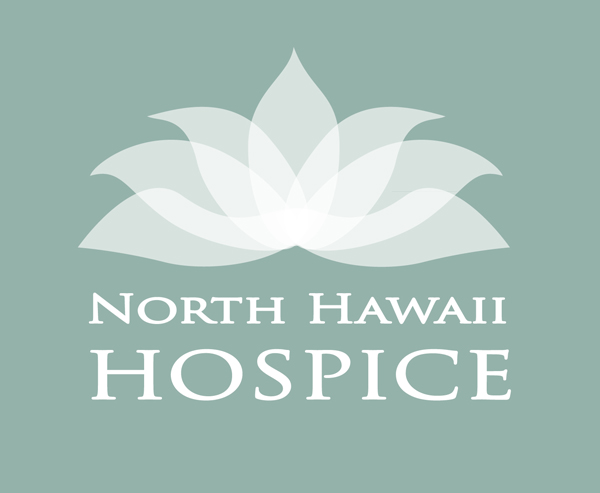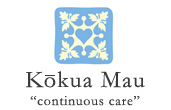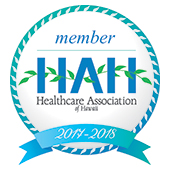
You may want to consider hospice services at home when:
- Your loved-one has a serious illness that is overwhelming for you or your family.
- You are getting tired of going out to doctors and you would like to have medical care delivered in the comfort of home.
- Your loved-one has begun to need help with care.
- Your loved-one is in pain or is uncomfortable.
- There are more visits to the Emergency Room.
- Your loved-one is getting weaker, has begun to lose weight, and is starting to have trouble with activities of daily living.
When is the best time to start hospice care?
Most patients and families who receive hospice care say they wish they had known what hospice really can provide. Most families realize that they needed the help much sooner than they received it. Research has shown that hospice can increase both the quality of life and how long a patient lives. Families who receive hospice near the very end–just a few days to a week–have been shown to have a harder time adjusting during the bereavement period than do those whose loved-one received hospice care for weeks and months before passing on.
If you even think that your family and the person you care for could benefit from medical care and support delivered at home. If your loved-one has pain or uncomfortable symptoms, or requires assistance with bathing and grooming. If your family needs emotional and spiritual support, and all day and all night telephone access to nursing advice, do not be afraid to call our hospice.
Experts agree that at least two to three months of care is optimal. It is better to ask sooner rather than later so you will not regret having missed the support that our hospice has to offer. The care is delivered in the comfort of your home and you do not need to go anywhere.
Disease-specific Indicators
|
Cancer
|
The cancer has spread to multiple sites in the body |
| There has been weight loss | |
| The patient and family choose palliative, or comfort care | |
|
Heart Disease
|
Has discomfort with physical activity |
| Has heart disease symptoms despite maximum medical management | |
| Has irregular heart beat which won’t respond to medicine | |
| Has had cardiac arrest | |
| Has had a stroke as a result of a blood clot being released from the heart | |
|
Dementia
and/or General Decline |
Unable to walk without assistance |
| Patient is unable to control urine and feces | |
| Speech is limited to a few words | |
| Unable to dress without assistance | |
| Unable to sit up or hold head up | |
| Complications occur such as bed sores, pneumonia, urinary tract infections | |
| Difficulty swallowing or eating | |
| Weight loss | |
|
Pulmonary Disease
|
Short of breath at rest |
| Bronchodilators do not work well any more | |
| Recurrent lung infections | |
|
Right sided heart failure/cor pulmonale
|
|
|
Weight loss
|
|
| Fast heart beat, even when resting | |
| Low oxygen levels in blood and high carbon dioxide levels in blood | |
|
ALS |
Unable to walk and needs assistance with day to day activities |
|
Barely understandable speech
|
|
|
Difficulty swallowing
|
|
|
Weight loss
|
|
| Significant shortness of breath | |
|
Other ongoing illnesses such as pneumonia, urinary tract infections
|
|
|
HIV/AIDS
|
Wasting syndrome (huge weight loss)
|
| Central nervous system lymphoma | |
| Kaposi’s sarcoma | |
|
AIDS dementia (severe confusion)
|
|
|
Patient decides not to take antiretrovirals or AIDS medicines
|
|
|
Patient has other illnesses together with AIDS and/or severe infection
|
|
|
LIVER DISEASE
|
Patient is not a liver transplant candidate |
| Patient has a large amount of fluid in abdomen, despite taking medicine for this | |
|
Patient has infection in abdomen
|
|
|
Hepatorenal syndrome – progressive renal failure
|
|
|
Patient has confusion which is also associated with sleepiness and coma
|
|
|
Recurrent variceal bleeding (bleeding from the veins in the esophagus which have become distended)
|
|
|
STROKE & COMA
|
Patient not always alert and aware of surroundings |
|
Patient is in a coma or vegetative state
|
|
|
Patient has difficulty swallowing
|
|
| Patient is paralyzed | |
|
There is dementia after a stroke
|
|
|
Despite artificial nutrition there is continued weight loss
|
|
| The patient has other ongoing illnesses (pneumonia, etc.) | |
|
RENAL DISEASE
|
No dialysis, no renal transplant
|
|
Uremia – symptoms include confusion, nausea, pruritus and restlessness
|
|
|
Increased swelling of fluid in body despite taking medicine for this
|
|
|
Very low levels of urine production – less than 400cc each day
|
|
| High potassium levels in blood |
Here’s a link to this Table as a Microsoft Word Document (30 KB)



